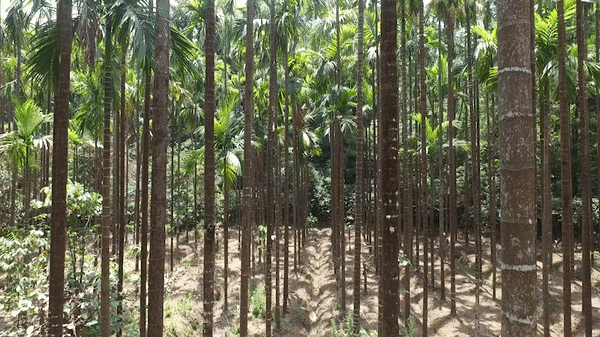Free-flight aerodynamics of gliding
Flying lizards modulate their pitch and camber for efficient gliding in the jungle
I use non-invasive motion tracking techniques to understand locomotion and behavior in the natural world
I am broadly interested in using physiological and kinematic time series data to quantify behavior
and translate them into insightful metrics
that sheds light on the behavior of the organism.
My expertise lies at the interface of
physics, biology, and
computer vision, allowing me to explore locomotion and behavior of organisms in the natural
world using non-invasive measurement techniques. For example, I used up to 7 GoPro cameras to collect 3D
kinematics, body posture and orientation data of flying lizards (size~palm's length) gliding more
than 10 m in the jungle, leading to novel insights into how gliding animals navigate their
cluttered environment and modulate
aerodynamic force production. During my PhD, I have worked towards making my science/research
accessible to a broader
audience through a successful crowdfunding campaign and participating in outreach events. You can
checkout my crowdfunding campaign here and a science feature that I wrote for the Indian news outlet NDTV
Gadgets
here.
Along with research, I enjoy making interactive apps for teaching and kinematic analyis. Do checkout
some of the apps that I have made in the software tab!
More details about my academic background and research can be found in my CV.
Flying lizards modulate their pitch and camber for efficient gliding in the jungle

Flying lizards use a vision based path-planning strategy to navigate their spatially cluttered habitat. Here's a video summary of the findings.